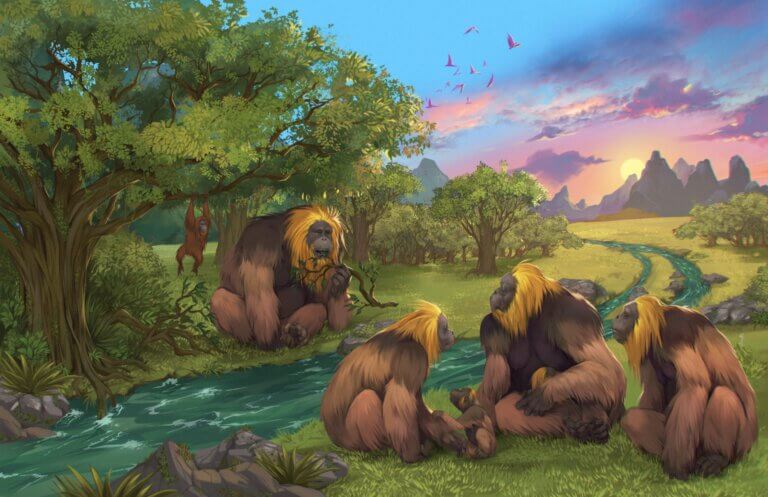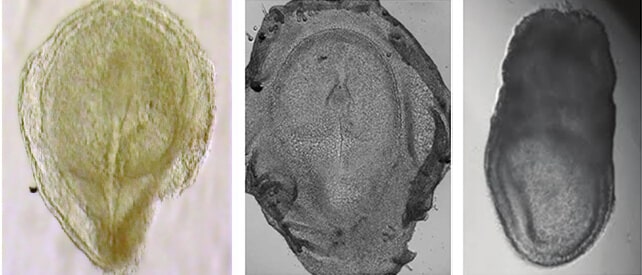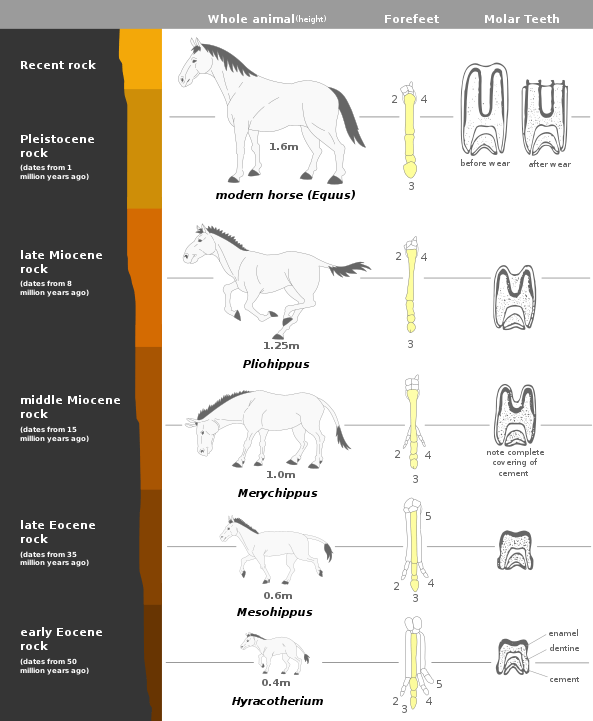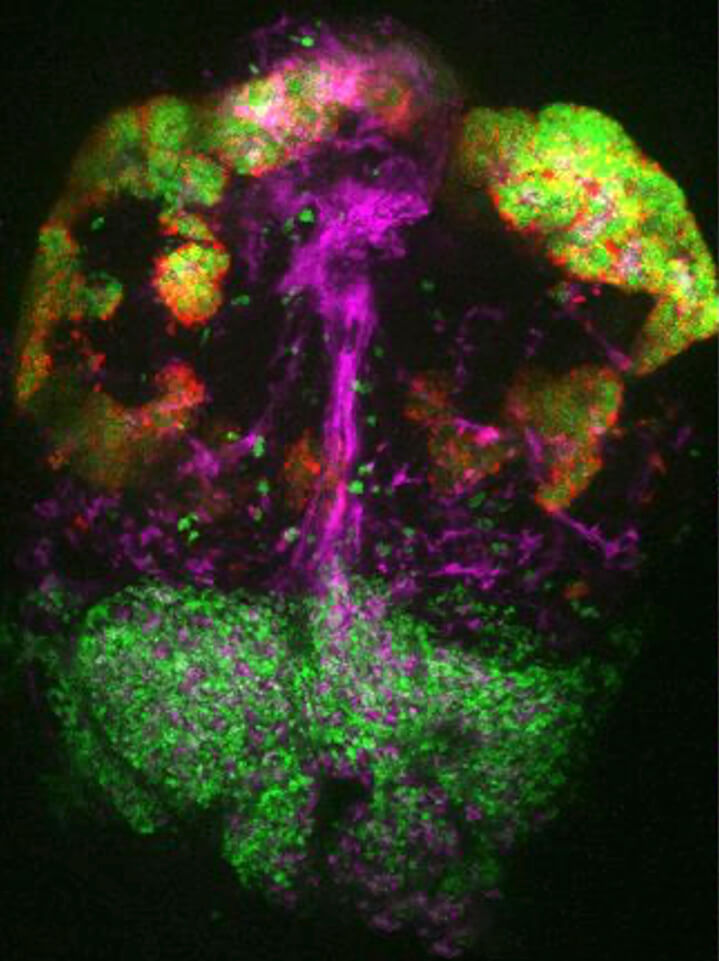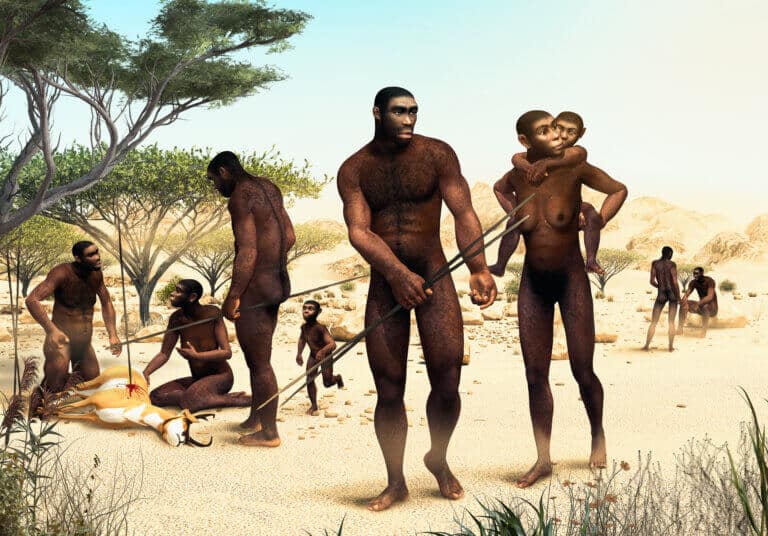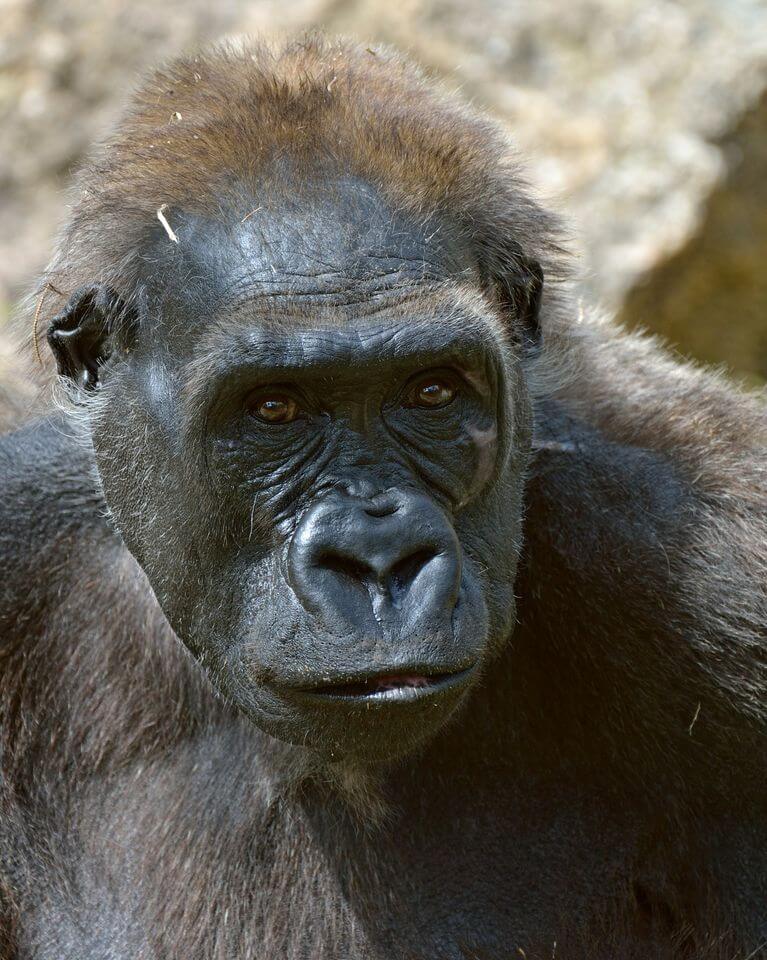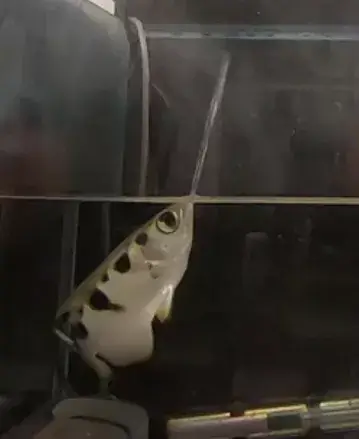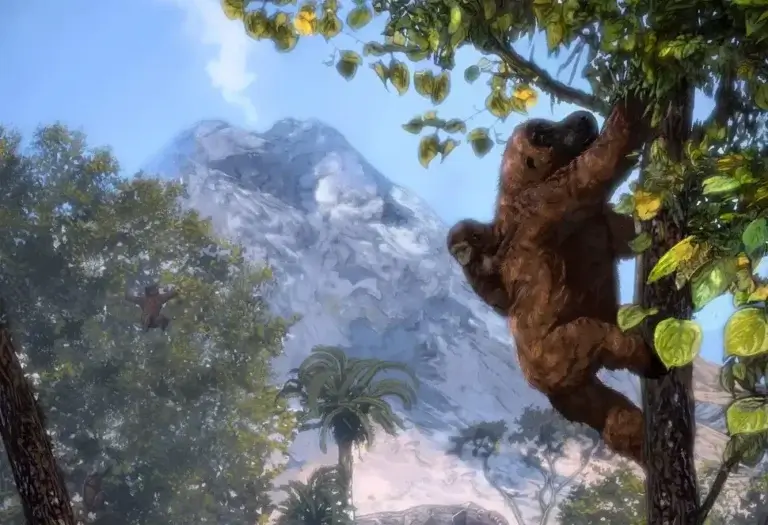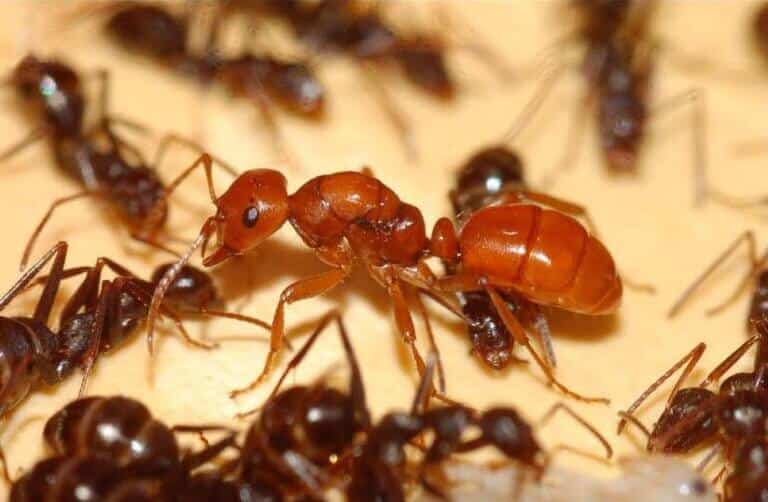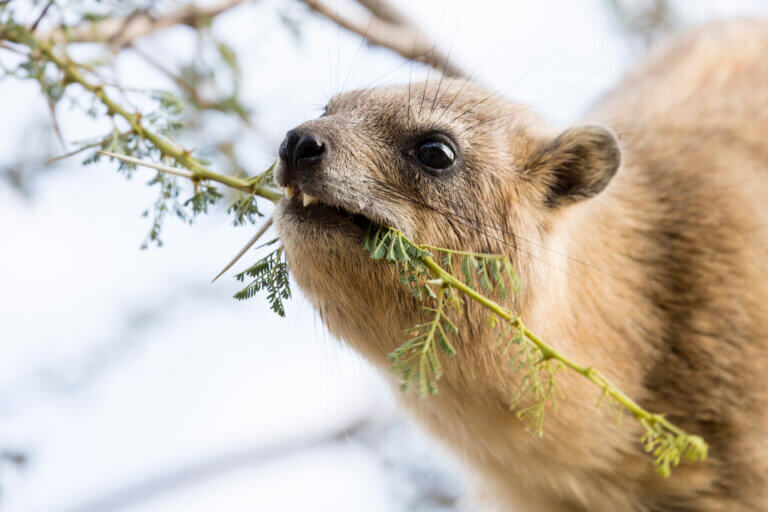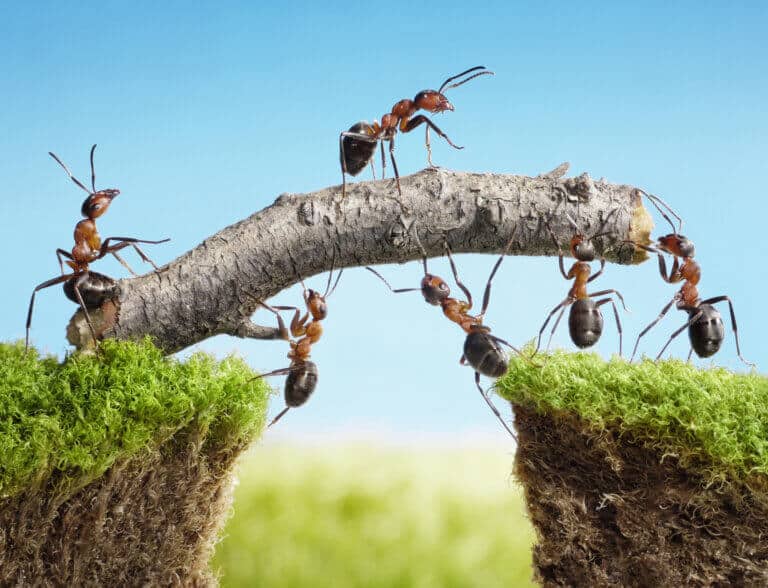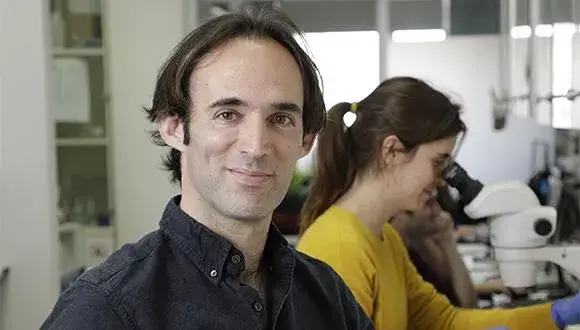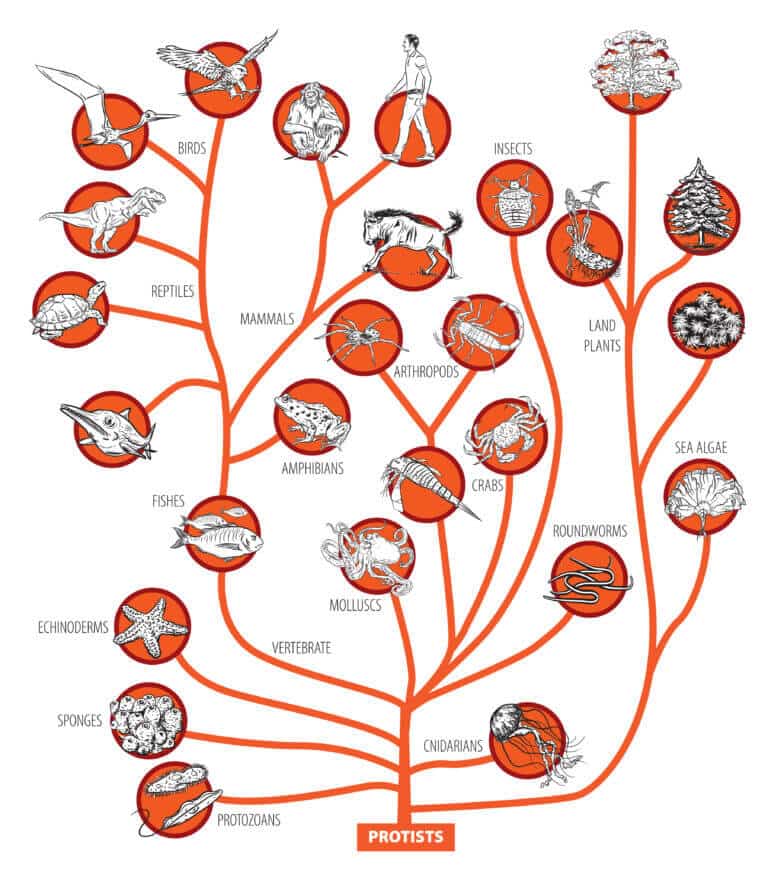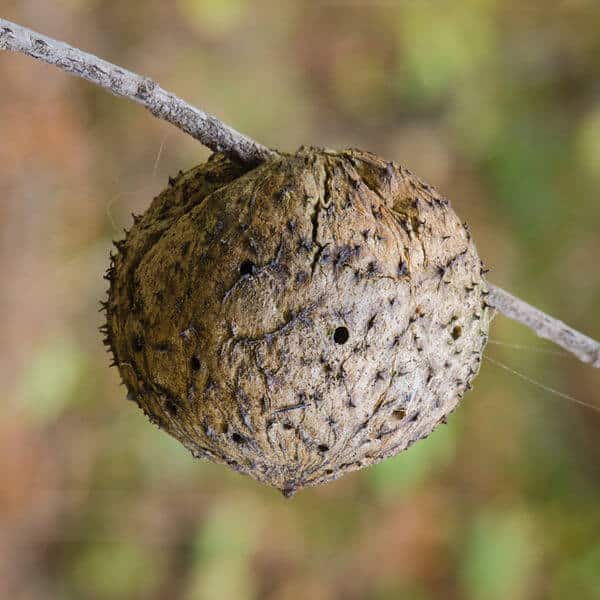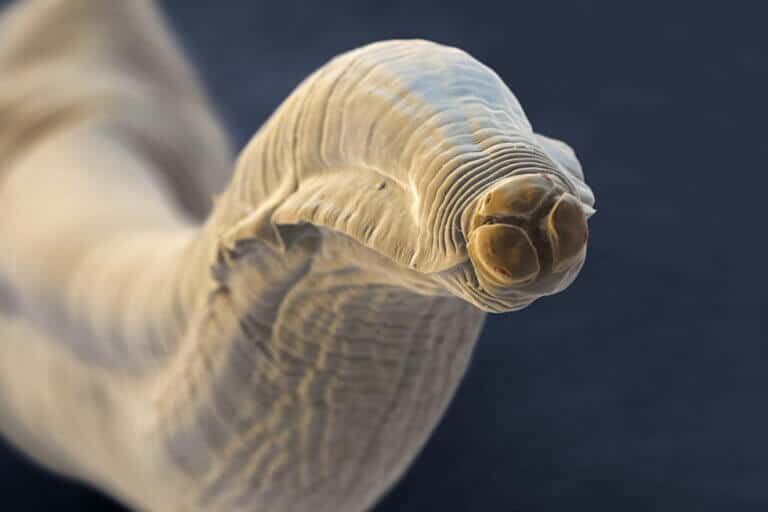Hayadan > evolution
evolution
- Avi Blizovsky
- February 25, 2024
- 3 תגובות
In the spectacular karst landscapes of southern China, giant apes, known as Gigantopithecus blacki, once roamed. They were three meters tall and weighed about 250 kilograms. They became extinct about 300 thousand years ago. The reasons for the extinction of these apes remained a mystery for years
- Weizmann Institute
- February 17, 2024
The institute's scientists developed a method that allows real-time monitoring of the development of embryos at the beginning of their journey and applied it for the first time to rabbits. The comparison they made between embryonic development in rabbits and mice gave rise to answers to fascinating questions about the formation of humans
- Avi Blizovsky
- February 10, 2024
- 5 תגובות
Research: A New Understanding of Animal Size Changes Over Time: Competition, Ecological Pressures, and Cope's Law
- Weizmann Institute
- February 6, 2024
Weizmann Institute scientists are challenging a 200-year-old doctrine about the formation of the gland from the secretion of hormones. Their findings may lead to new approaches in the treatment of various medical problems
- Weizmann Institute
- January 20, 2024
The growth of wheat has become an Israeli symbol of hope and renewal after a disaster. So are Prof. Avraham Levy's field experiments in the Gaza Envelope, which continue a glorious Israeli legacy of researching the evolution and genetics of the world-famous grain
- Avi Blizovsky
- January 10, 2024
- 4 תגובות
Sediment studies in the Mediterranean reveal the existence of a green corridor in the Sahara desert that emerged at the exact time when our ancestors migrated from Africa about 2.1 million years ago
- Science site The Conversation
- November 8, 2023
- 3 תגובות
Morbid hypocrisy is not inherently bad, but an increased interest in learning about the dangers presented in conspiracy theories can reinforce beliefs that the world is a much more dangerous place than it actually is.
- Avi Blizovsky
- October 20, 2023
- 2 תגובות
- The Technion
- September 29, 2023
- One response
The primitive facial architecture of the gorilla as a key to understanding human facial expressions
- Haifa University
- September 11, 2023
- No comments
A new study conducted at the University of Haifa found that even the sniper fish, which lack the "higher" areas of the cerebral cortex, which are seen as being responsible for social behavior, act in a pro-social way towards their friends, until they feel "cheated"
- Weizmann Institute
- August 17, 2023
The new system was discovered in bacteria - but is also used in corals, bees and others
- Dr. Hanan Stein
- July 8, 2023
- 18 תגובות
Chapter nine from the book: "The Free Man - Evolutionary Psychology, Brain Research and Understanding the Mind"
- Avi Blizovsky
- April 26, 2023
- 4 תגובות
Using rigorous and detailed collection methods, the researchers were able to place the remains of fossilized apes, such as Morotopithecus, in detailed reconstructions of habitats. Credit: Corbin Rainbolt
- Angle - a news agency for science and the environment
- April 10, 2023
Special for Passover: It turns out that slavery is not limited to humans, and various insects survive and multiply in nature thanks to the "slavery" of other species. So what do an army of small ants and Sparta have in common? What were the ladybugs telling their psychologist? And who survives thanks to an army of drugged security guards?
- The Voice of Science website - the Israel National Science Foundation
- April 4, 2023
Tracking social mammals has allowed scientists to understand how they choose a way of behavior that promotes their ability to reproduce
- Yoram Soreq
- April 15, 2022
- 5 תגובות
Korbus asks: In human culture there is a taboo on sexual relations between family members, but not in animals. For example, it is not uncommon for a cat to fertilize its biological mother. Does incest really lead to the birth of "defective" offspring?
- Tel Aviv University
- March 31, 2022
Is the routine good for us or maybe we are better off without it? And could it be that a new one that we haven't met yet is about to devour all the cards?
- Dr.Roey Tsezana
- February 28, 2022
At the beginning of the year 2022, three astrobiologists ran a fascinating thought experiment: they claimed that the entire Earth was about to become an intelligent organism. The meaning, as you can understand, is not that there is a mind at the core of the planet that makes decisions for the creatures living on it. Exactly the opposite: in the future they describe, all living beings on earth will participate together in a process that amounts to the creation of one collective intelligence
- Yoram Soreq
- February 25, 2022
- 4 תגובות
David shares the question and the idea: Homo sapiens is the only species that has a chin and science has no explanation as to what the evolutionary advantage of such a "facility" is and how it works.
- Tel Aviv University
- February 20, 2022
Researchers from Tel Aviv University demonstrated with the help of worms that epigenetic inheritance of sexual attraction can influence the process of evolution
- Yoram Soreq
- February 5, 2022
- 2 תגובות
Dana asks: Why does tickling make us laugh and why can't we tickle ourselves? Evolution gives an answer to this question as well
- Science site The Conversation
- April 6, 2021
- 2 תגובות
- Yoram Soreq
- February 26, 2021
- 6 תגובות
- Avi Blizovsky
- February 7, 2021
- 28 תגובות
Says Prof. Yoel Rak, a member of the Academy of Sciences and one of the lecturers at the online conference "Origin of Homo Sapiens" that will be held on Darwin Day - 11/2 at Zoom. According to him, there are endless races without a clear border between them, but the changes that exist make it possible to reconstruct the human journey. Prof. Arala Khobars and Dr. Assaf Marom will also participate in the conference
- Angle - a news agency for science and the environment
- January 31, 2021
In an article recently published in the scientific journal Proceedings of the Royal Society B, scientists working in the field call for the establishment of an "international parasite project", which will include a concerted effort to discover, sample, document and research the world's parasites. According to the authors of the article, thanks to such a project it will be possible to reach a situation where half of the world's parasites will be known already in the next decade - instead of it taking decades or even hundreds of years.

